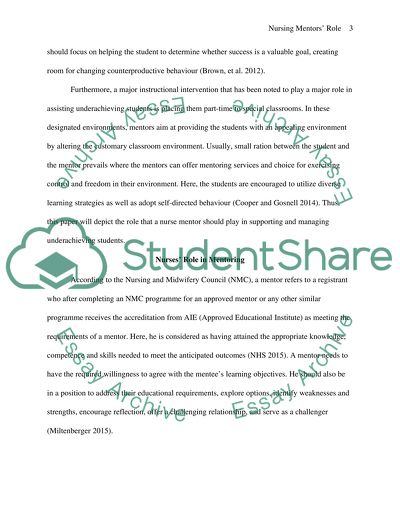Cite this document
(“Critcally appraise the nurse mentors role in the support and Essay”, n.d.)
Critcally appraise the nurse mentors role in the support and Essay. Retrieved from https://studentshare.org/nursing/1699575-critcally-appraise-the-nurse-mentors-role-in-the-support-and-management-of-under-achieving-students
Critcally appraise the nurse mentors role in the support and Essay. Retrieved from https://studentshare.org/nursing/1699575-critcally-appraise-the-nurse-mentors-role-in-the-support-and-management-of-under-achieving-students
(Critcally Appraise the Nurse Mentors Role in the Support and Essay)
Critcally Appraise the Nurse Mentors Role in the Support and Essay. https://studentshare.org/nursing/1699575-critcally-appraise-the-nurse-mentors-role-in-the-support-and-management-of-under-achieving-students.
Critcally Appraise the Nurse Mentors Role in the Support and Essay. https://studentshare.org/nursing/1699575-critcally-appraise-the-nurse-mentors-role-in-the-support-and-management-of-under-achieving-students.
“Critcally Appraise the Nurse Mentors Role in the Support and Essay”, n.d. https://studentshare.org/nursing/1699575-critcally-appraise-the-nurse-mentors-role-in-the-support-and-management-of-under-achieving-students.


